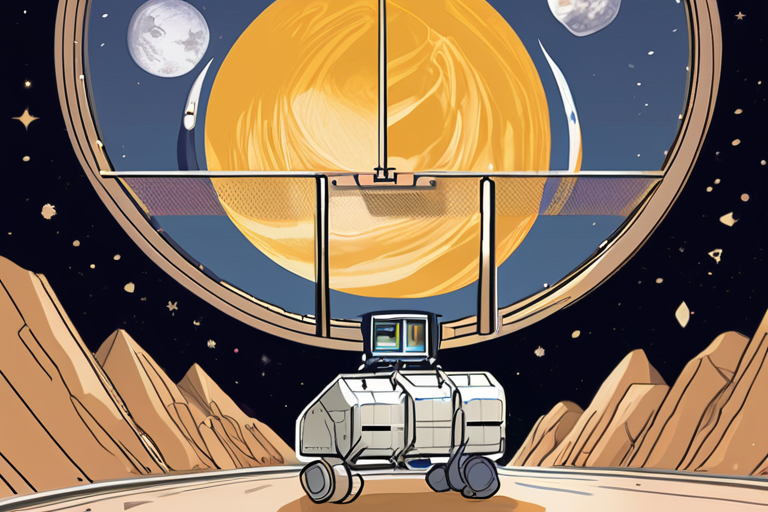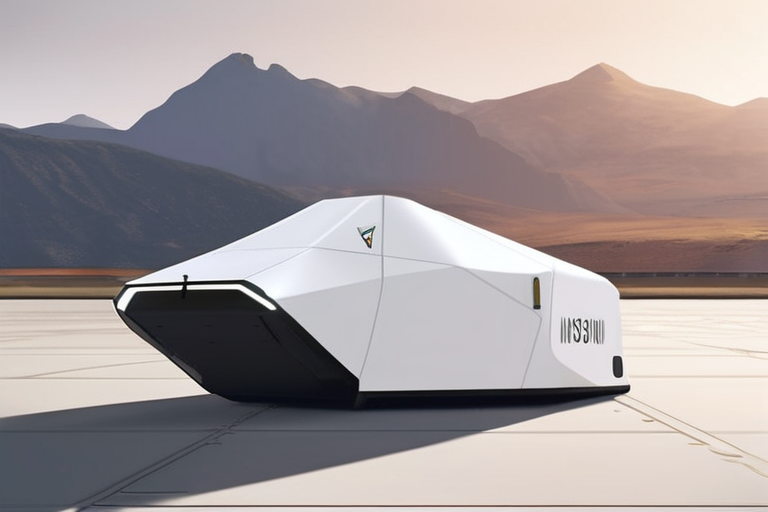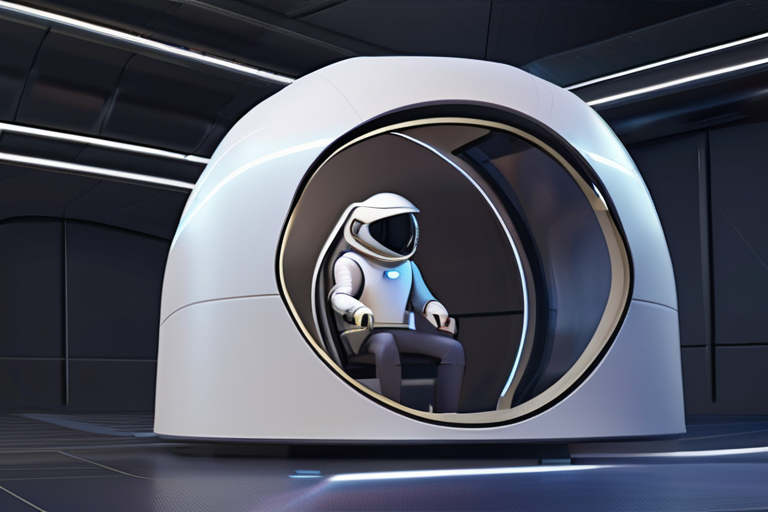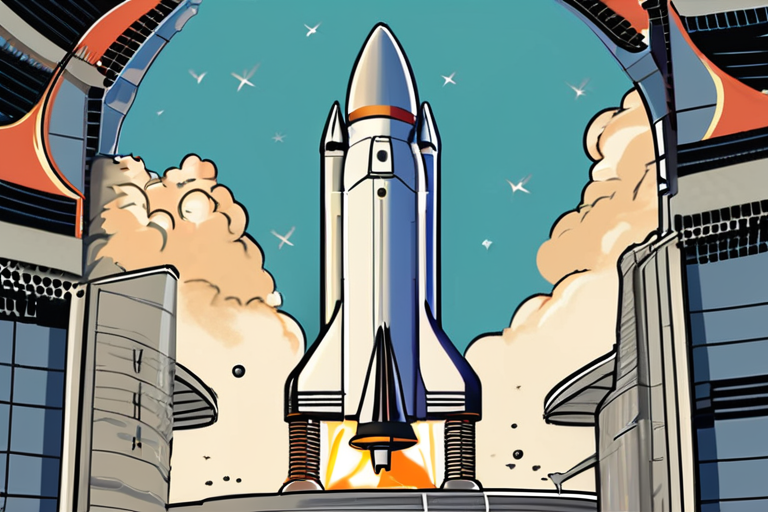Impulse Space Aims to Revolutionize Lunar Cargo Delivery with 6-Ton Plan by 2028


Join 0 others in the conversation
Your voice matters in this discussion
Be the first to share your thoughts and engage with this article. Your perspective matters!
Discover articles from our community

 Hoppi
Hoppi

 Hoppi
Hoppi

 Hoppi
Hoppi

 Hoppi
Hoppi

 Hoppi
Hoppi

 Hoppi
Hoppi

Einride Raises $100M to Accelerate Autonomous Freight Technology Swedish self-driving trucks startup Einride has secured a significant funding boost of …

Hoppi

Space Startup Aims to Revolutionize Delivery with Hour-Long Cargo Drop Inversion Space, a California-based space startup founded in 2021, unveiled …

Hoppi

Inversion Unveils Arc Spacecraft for On-Demand Delivery LOS ANGELES - In a groundbreaking ceremony held at its Los Angeles factory …

Hoppi

Stoke Space's $510M Round Shows the Future of Launch Belongs to Defense In a significant development that signals a shift …

Hoppi

India's Airbound Bags $8.65M to Revolutionize Drone Delivery In a significant development in the Indian startup ecosystem, Airbound, a drone …

Hoppi

Slate Auto Unveils Electric Truck at TechCrunch Disrupt 2025: A Game-Changer in the Commercial EV Market In a highly anticipated …

Hoppi